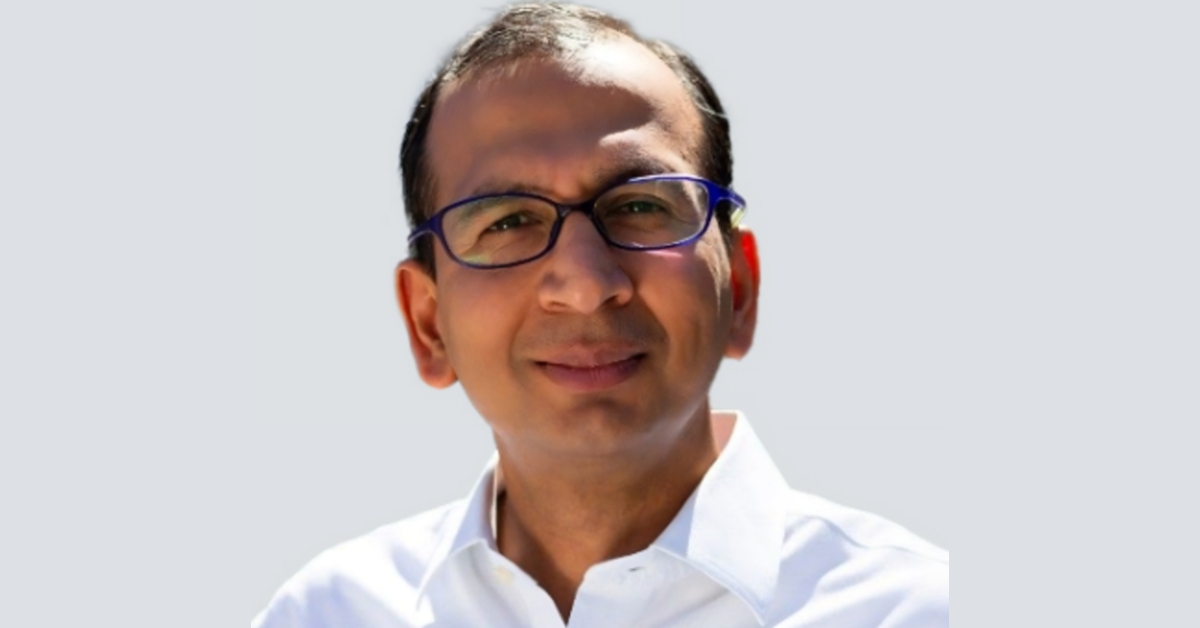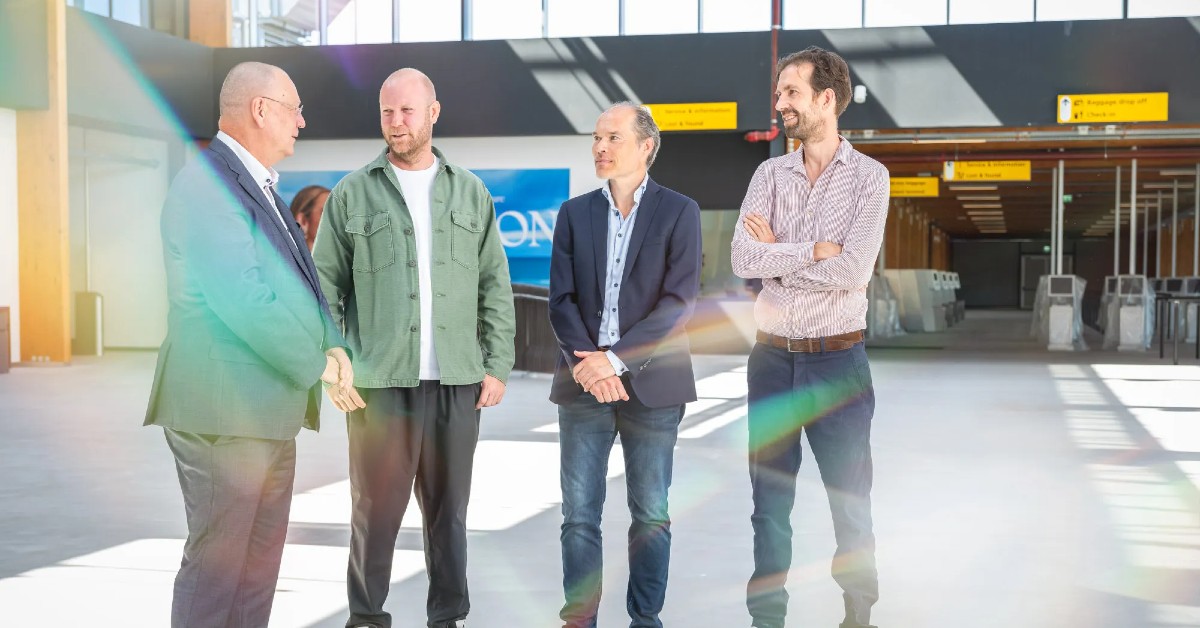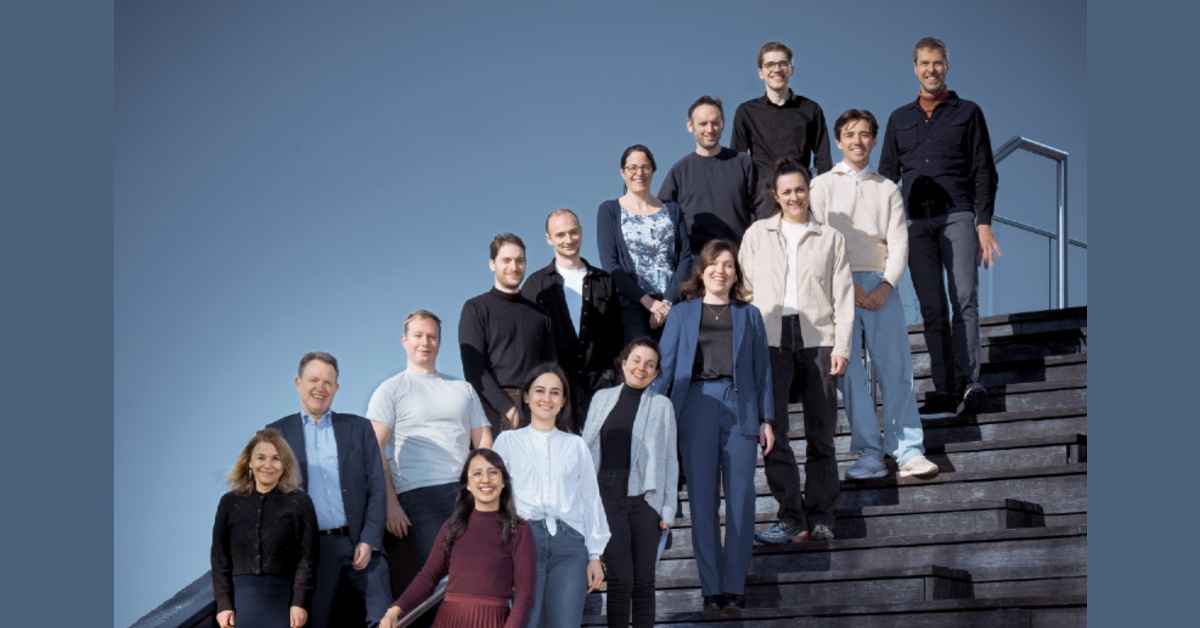Happy Amsterdam Pride week! Even though the city has to do without its world-famous Canal Parade yet again, this week is a great moment to reflect on inclusivity within the Amsterdam startup scene. While the startup ecosystem is pushing for more diversity in many ways, this week is as good as any to check in with the LGBT community in the ecosystem.
LGBT in startup ecosystem
Diversity comes in all shapes and sizes, and there are many initiatives in the ecosystem stimulating equality for women, immigrants or people of colour on the work floor. When it comes to the LGBTIQ+ community in tech, however, not much seems to be going on. Did the Amsterdam startup ecosystem completely solve the diversity issue when it comes to the LGBT community? Or did it stop caring?
“There is the risk of a first-mover disadvantage”, says Frank van Dalen. He has a long career in both the Amsterdam tech scene and the LGBT community. Currently, he is an angel investor, serves as the policy chair of the Trusted Web foundation and is a partner of Amsterdam-based startup Wordproof, which uses blockchain technology to secure online content.
‘Large international impact’
“Amsterdam is still a very LGBT-friendly city, but so are other cities like Tel Aviv, Madrid, Berlin. From the early days on there are still some very impactful organisations here.” He mentions the Dutch COC, the worlds’ oldest LGBT organisation. Van Dalen was head of COC from 2005 till 2008. “Internationally, they have a large impact.”
He also points to Workplace Pride, the foundation working to improve the lives of LGBT people in the workplace of multinationals. And ‘Roze in Blauw’ (Pink in Blue, the LGBT initiative for law enforcement). Within the Amsterdam Gay Pride organisation, he sees the Gay Business Club working for acceptance on a professional level. “Internationally these all are very influential.”
‘I prefer a beer with myself’
However, specifically for the startup world, there is not much going on, he acknowledges. “There are already many LGBT people in the startup scene. Numerous of them are drawn to the independence of becoming an entrepreneur”, says Van Dalen. However, in teams of early-stage startups, diversity often takes a back seat.
“Many early-stage startups recruit talent from within their own network. The first instinct of founders is to hire someone like themselves. It’s perfectly human, I also prefer to have a beer with myself.” Gathering a team of similar people will not lead to the best results, says Van Dalen. “I really believe that organisations with high diversity are better equipped to solve complex problems because they can offer more perspectives.”
Now dormant LGBTech
For a while, Amsterdam startups looking to recruit more diverse talent, in this case, LGBT people specifically, could attend meetings from LGBTech. The initiative started in Israel, and quickly gained a Dutch chapter. Its meetings aim to increase business opportunities and improve workplace equality for LGBT members.
LGBTech hosted events in collaboration with Google, The Next Web and Planet Romeo in the past. The initiative is co-headed by Fredrik van den Bosch, a tech entrepreneur of 22 years and creator of gay.nl, ‘the Facebook for homosexuals.’
Proof of demand
Currently, things are quiet, he admits. COVID is partly to blame, as it makes face-to-face meetings impossible. But LGBTech is also run by volunteers with limited free time. “The attendance at our events was proof there was a demand”, says Van den Bosch.
However, the strife for recognition by LGBT members in the tech scene seems to be dialled down a bit, Van den Bosch notices. “We have to be careful that we don’t stop working on diversity. The generation before us fought hard to get where we are now. But you can’t stop once you’re there.”
“The peak of integration is when you’re not considered to be special anymore. We’re simply not there yet. Visibility is still very important for us, especially for the younger generation. You want to be considered normal, while also making a statement.”
Corporations ‘hungry for talent’
Making a statement is what many large tech companies are doing. Whether it is Google, Salesforce or Booking.com, they have something of a Pride Ambassador in the workplace. Makes sense, says Van Dalen. “These companies are hungry for talent. There’s a shortage of skilled workers, so you can’t afford to miss out on the 6 per cent that identifies as LGBT.”
“As an organisation, you want to show that more diversity adds value. Not because gay people are nice and creative, but because different backgrounds offer a positive contribution. You need to actively work on that culture and the focus on LGBT talent is a part of that.”
Diversity for startups
Smaller startups are not in the position to appoint ambassadors to cater to the LGBT community. But according to Van Dalen, they can easily create more diversity. “You don’t need to go to a gay bar or anything. Just look a bit further into your own network when hiring. These worlds are not strictly separated. Once you’re conscious about the limitations of your network, you’ve made a good start.”
Van Dalen has experienced the benefits of a diverse team at the startup he is a partner at. Wordproof has developed its product to be as universally usable as possible. “When we won a million euros from the European Union, we took it really far. We thought about the inclusive use of language and colours. Whether people from economically marginalised societies were able to use our product and if it was still safe to use in a totalitarian state. The trigger for us to even consider those things was the diversity in our team.”
European one-dimensional approach
Even though the holistic approach to problem-solving Wordproof bagged them a million in cash, Van Dalen does see hurdles for LGBT-friendly initiatives when raising funds in Europe. “The European Union sees diversity as incredibly important. When applying for grants, you have to fill in forms proving your team is diverse.”
Sounds good. But for Van Dalen, the approach is too one-dimensional. “It boils down to how many women you have in your organisation. At Wordproof, about half of our team identifies as LGBT, some non-binary. But many tickets are preserved for startups with female founders. Europe is selectively shopping for diversity within startups and the Netherlands is, to a lesser extent, following that approach.”
“Recognition for the LGBT community is not a problem within the startup scene per se. But it is a societal problem. So when addressing this, it shouldn’t be just about how many women you have at the top. Diversity is a lot broader than that.”










01
From telecom veteran to Dutch Startup Visa success: The Jignesh Dave story